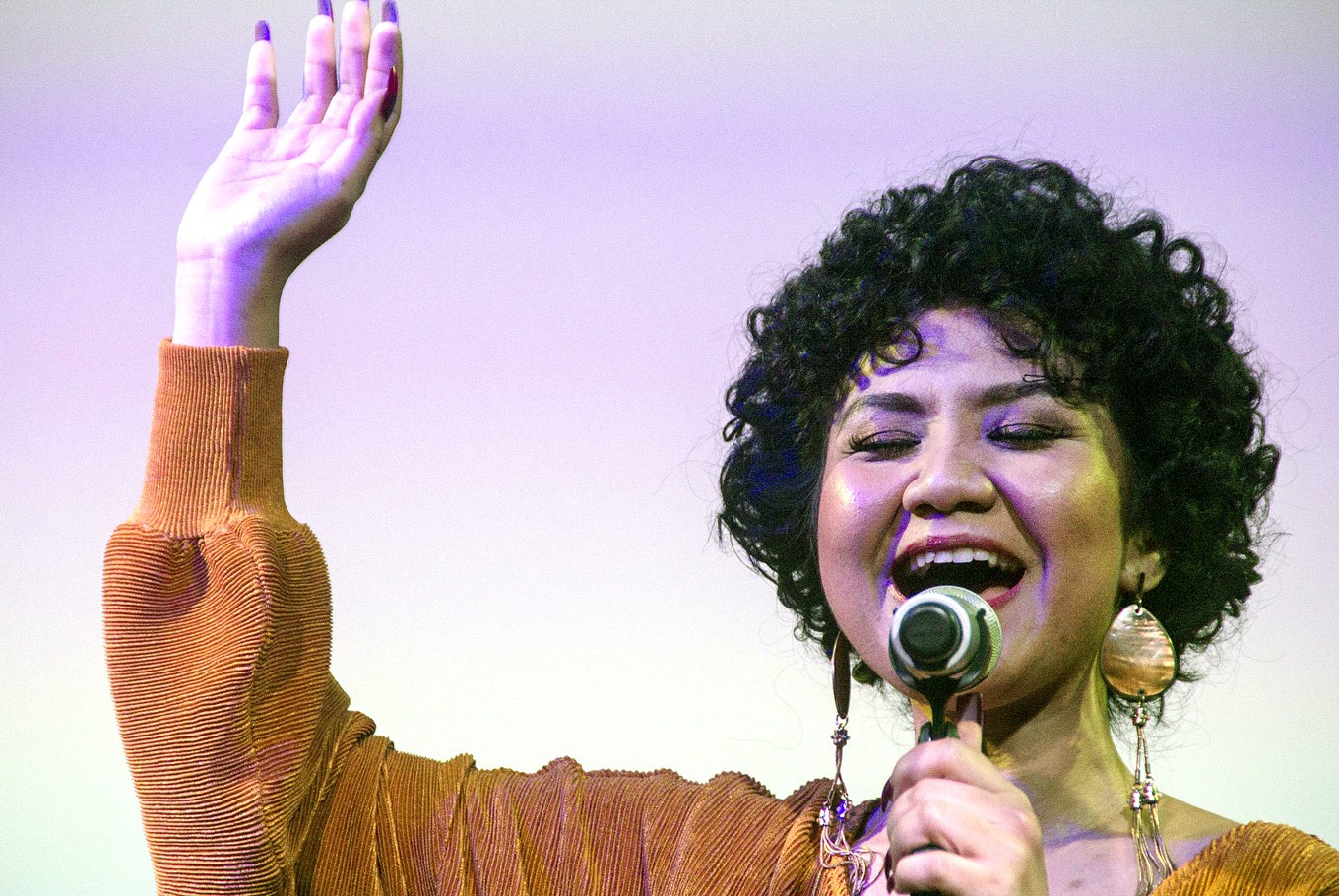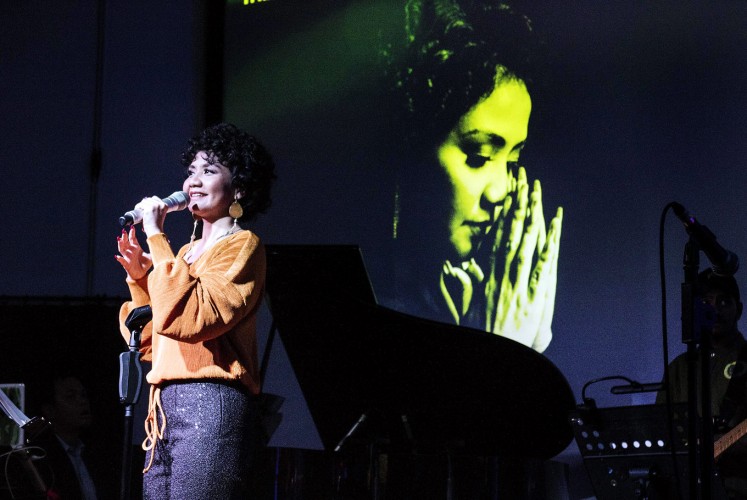Popular Reads
Top Results
Can't find what you're looking for?
View all search resultsPopular Reads
Top Results
Can't find what you're looking for?
View all search resultsThe songs of freedom music in Black History Month
Many Indonesian artists are influenced by black music and it does not take much to understand the roots of such influences, so long as there is a willingness to do so.
Change text size
Gift Premium Articles
to Anyone
T
o commemorate the struggles of the African-American community in their quest for equal rights in the United States, the country has dedicated February of every year to make sure their bravery is remembered.
February is when Americans celebrate Black History Month. During this period, the US celebrates the history and journey of the African-American people in their quest to gain equality and civil rights.
One of the most significant ways that they found success was through music. Black music of all kinds from the 1940s to the 1960s shaped the mindset of both black and white communities, helping to prolong their faith and hope toward a better life in the US.
One Indonesian artist who has managed to convey a deep understanding and knowledge of black music’s roots is jazz vocalist Artidewi. Having learned firsthand about the context of black music in the US, she projects an obvious love for artists such as Aretha Franklin and Erykah Badu in her own music.
Artidewi’s first exposure to black music came during her school days when she started listening to artists like Al Jarreau and Franklin. It was during her college years in Tallahassee, Florida, that she began to learn more about black music from the community there.
“It was when I was living with a black family who took me in at the time, and they showed me all kinds of black music and told me a lot about its history. That is where the deeper love for the music came from,” she said at her recent showcase on Black History Month at the @america cultural center at Pacific Place in Jakarta.
It was then that she realized the importance of understanding the context of black music in order to appreciate it on a more meaningful level.
A large portion of African-American music is deeply wrought with feelings of pain as well as hope and love for one another, and black music classics often convey themes of identity, liberation, history and the desire and right to live peacefully.
Artidewi, who herself can pass off as both a physical and musical mold of British singer Corrine Bailey Rae, started her set with an intro that was awash with church organ keys, evoking the quintessential and distinctive sounds of African-American church-based gospel music.
For African-Americans, the church is considered central in the shaping of their music.
American ethnomusicologist at Oberlin College, professor Fredara Mareva Hadley, said the church was considered one of black music’s greatest conservatories, due to the musical and rhythmic nature of religious worship in black churches.
The presence of rhythmically engaging choirs and interactive sermons as well as instruments in the church proved to be central in the development of rhythm and blues (R&B) and soul, genres associated with many black artists.
“The people who did play instruments at church inspired many others, usually the younger parishioners, to save up and buy and learn their own instruments, thereby also passing on musical knowledge down generations,” she explained through a teleconference at the event.
Extending outside of the hopeful environment of the church, black music was heavily shaped by the black experience of living in a highly discriminative country in the US in the 20th century. The songs that Artidewi sang that night were mainly classic black songs created during the 1950s and 1960s, some of which were cornerstone songs to the African-American culture and the civil rights movement as a whole.
Sam Cooke’s “A Change Is Gonna Come” was part of her set and, with messages of liberation and hope, it was a very important song during the civil rights movement.
The line “I know a change gonna come, oh yes it will” was then an expression of hope for a better future.
Artidewi also delivered an emotional rendition of Billie Holiday’s “Strange Fruit”, an incredibly dark song about the culture of lynching that African-Americans were brutally subjected to by many of their white neighbors, primarily in the American South.
Back in the day, black people were subjected to brutal acts of discriminatory vigilante justice, such as mob-directed hangings, regardless of whether they were guilty or not of a crime.
Lynching was only one of the many atrocities committed against blacks, but it had an incredibly devastating psychological impact due to the message that a black person’s life, actions and opinions were considered worthless.
The hefty weight behind classic black music is somewhat present in almost all music by black artists of today, as it is the emotional impact of past music that enables many artists today to enjoy successful lives in a much more tolerant America. Black songs that celebrate life and lifestyles today offer a look into how much African-Americans have achieved in the past century.
As a way of appreciating this legacy, Artidewi said it was important for Indonesian fans of black music to understand the context of the music they love.
“The roots of black music are spiritual. I feel it’s important to learn the history and understand where they are able to get that kind of soul and heart in their music. Through that, we are able to understand [African-American] culture deeper and appreciate it more fully,” she said.











